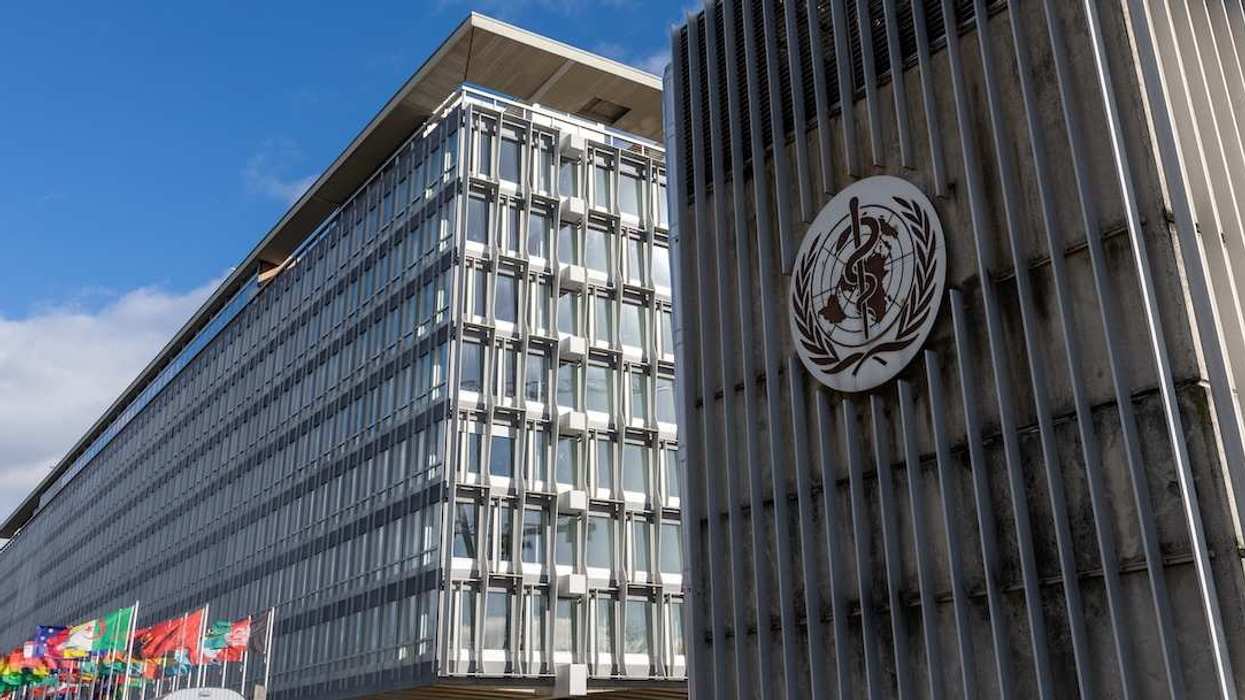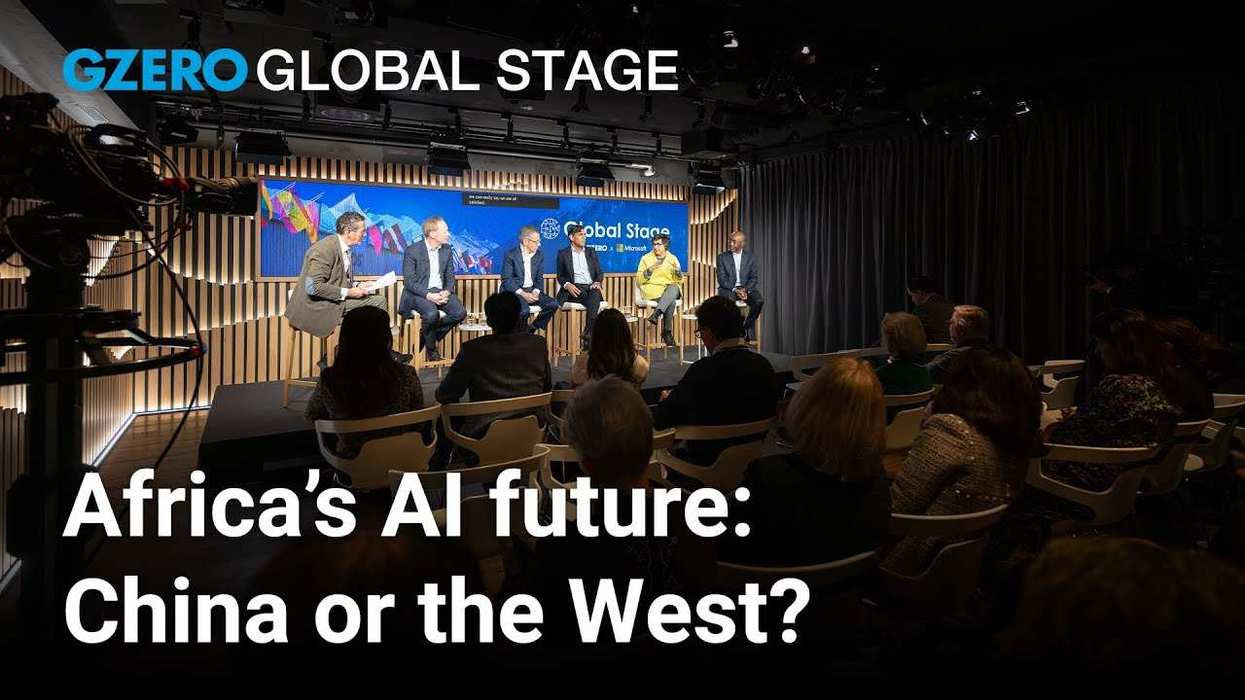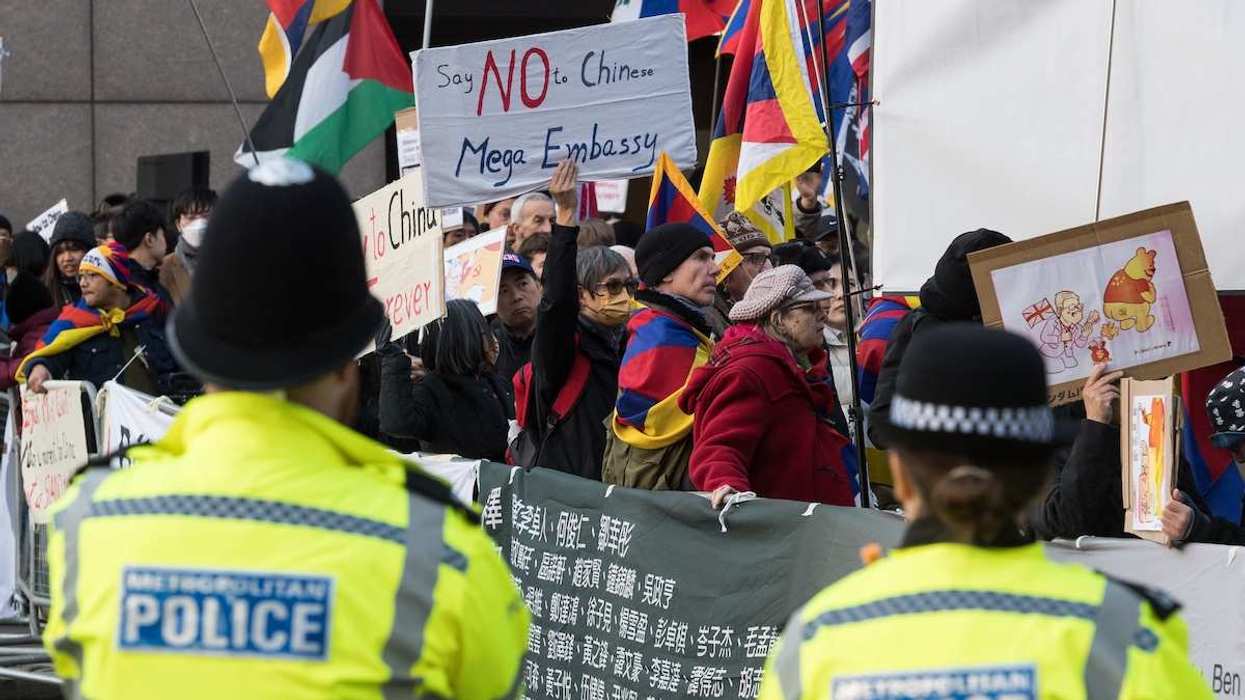GZERO World with Ian Bremmer Podcast
Singapore's global moment, with President Tharman Shanmugaratnam
With close ties to both the US and China, can Singapore survive in an increasingly fragmented and chaotic world? Singapore’s President Tharman Shanmugaratnam joins Ian Bremmer on the GZERO World Podcast.
Jan 31, 2026










